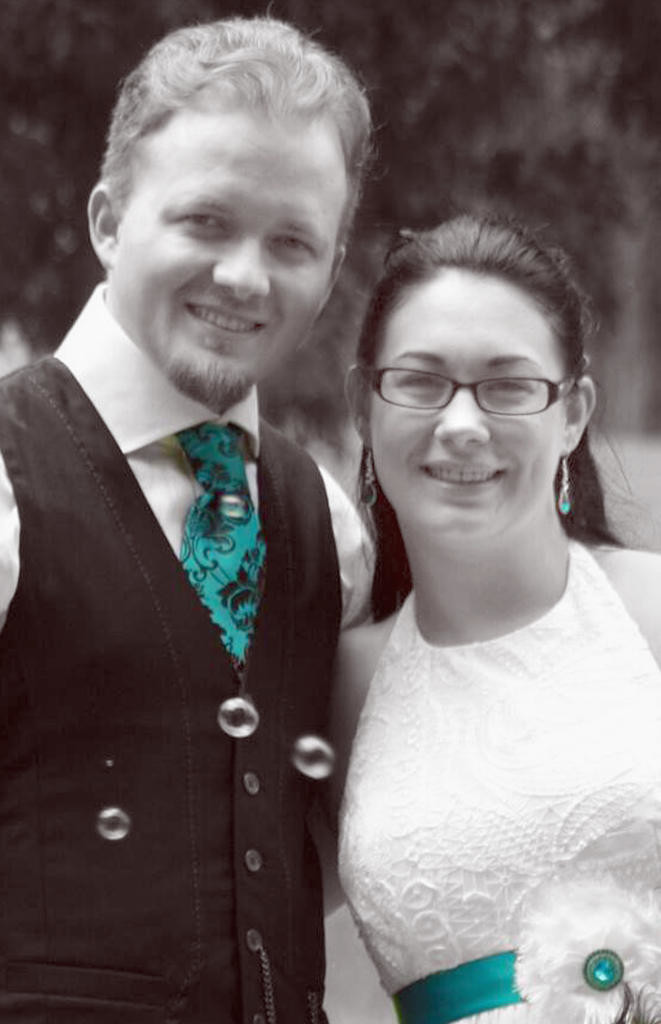
These four cities share a history of mid-century decline, efforts to revitalize through federally-funded urban renewal, and continued decline into the 21st century. In 2019, the architectural design firm MASS Design Group curated Fringe Cities, a museum exhibit which explored the legacies of mid-century urban renewal in four small American cities: Saginaw, MI Poughkeepsie, NY Spartanburg, SC and Easton, PA. The goal is to better understand the factors responsible for urban renewal’s social, economic, and spatial impacts on a city and to help chart a path forward for small cities in the 21st century. This project aims to investigate six additional cities that also underwent some urban renewal but have experienced economic growth since then. The exhibition focused on four small-size cities with 1960 populations between 15,000 and 150,000 - Poughkeepsie, NY Easton, PA Saginaw, MI and Spartanburg, SC - that underwent a variety of urban renewal strategies in the mid-20th century and have suffered population loss and economic decline in the years since. The Charles Pope ward at the former Repatriation General Hospital, Hollywood is named in his honour.This project builds on the Fringe Cities exhibition by MASS Design Group at the Center for Architecture in New York City in the Fall and Winter of 2019-20, which is now being turned into a book. He is buried at Moeuvres Communal Cemetery Extension in France, while his Victoria Cross is displayed at the Australian War Memorial in Canberra. The award was announced in the London Gazette on 8 June 1917. For his actions Pope was awarded a posthumous Victoria Cross. The 11th Battalion, despite suffering over 245 casualties, was subsequently able to hold their sector of the line. He had "obeyed the order to hold out to the last" and his lifeless body, along with those of most of his men, was found amongst 80 enemy dead. Pope, in a desperate bid to save the position, was "seen to charge with his men into a superior enemy force, by which they were overpowered", although heavy losses were inflicted. The enemy, in greatly superior numbers, attacked and surrounded the post and ammunition was running short. On 15 April 1917 at Louverval, France, during the Battle of Lagnicourt, he was in command of a very important picquet post, with orders to hold it at all costs amidst a heavy German attack. Pope subsequently fought in actions around Flers, Le Barque, and Ligny–Thilloy. Later that month he was promoted to lieutenant and in early 1917 he attended the divisional school. On 9 December 1916, Pope arrived on the Western Front reporting to the 11th Battalion, which was camped around Bazentin le Grand for the winter having fought at Pozières and Mouquet Farm earlier in the year. Sailing on HMAT Ajana, he arrived at Plymouth on 1 September 1916. By February 1916, he was commissioned as a second lieutenant and four months later sailed for England, to join the battalion, which had been transferred to Europe following its evacuation from Gallipoli, along with a batch of reinforcements.


Assigned as a reinforcement to 11th Battalion, which had been formed largely from Western Australians and was at the time fighting at Gallipoli, after training he was quickly made a sergeant. Military career Īmidst the backdrop of the First World War, Pope enlisted with the Australian Imperial Force (AIF) on 31 August 1915, volunteering to serve overseas as part of Australia's commitment to the First World War.

He took up work as a furniture salesman and then took on a role in the insurance sector. In 1910, Pope resigned from the police force and moved his family to Perth, Western Australia. Later that year, at St Luke's Anglican Church in Chelsea, he married Edith Smith, with whom he later had two children, Edith Maude and Charles William. He returned to England in 1906 and joined the Metropolitan Police. He attended school in Navestock, Essex, before moving to Canada where he worked for Canadian Pacific Railways. Born in Mile End, London, on 5 March 1883, Charles Pope's parents were William, a Metropolitan Police constable, and Jane Pope (born Clark).


 0 kommentar(er)
0 kommentar(er)
